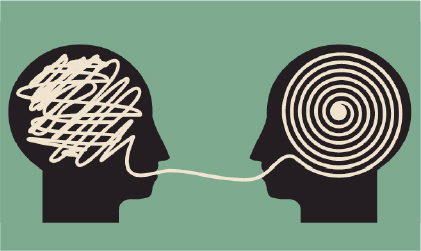Dr. Karan, who is an internal medicine resident at the Brigham and Women’s Hospital/ Harvard Medical School, and author of the book “Protecting the Health of the Poor: Social Movements in the South“,2 felt understandably discouraged and disappointed by her puzzling response to his important explanations. Was her apparent confusion because no other doctor had explained the diagnosis to her? Or that the explanations had been too complicated or jargon-heavy for her to comprehend? Or was this a symptom of her low health literacy? (Health literacy is simply the capacity we have to obtain, process and understand basic health information and services needed to make good health decisions for ourselves).3 Dr. Karan also asked himself, “Have we as a medical system collectively failed to communicate effectively?” but he eventually began to wonder if perhaps none of these issues was the sole culprit all by itself.
Maybe this wasn’t just about a doctor’s ability to communicate the facts of a medical condition. When he discussed this troubling case with his colleagues, some mentioned to him that “communication is only one part of the equation”. One experienced doctor suggested the possibility that Dr. Karan’s patient was in denial.








